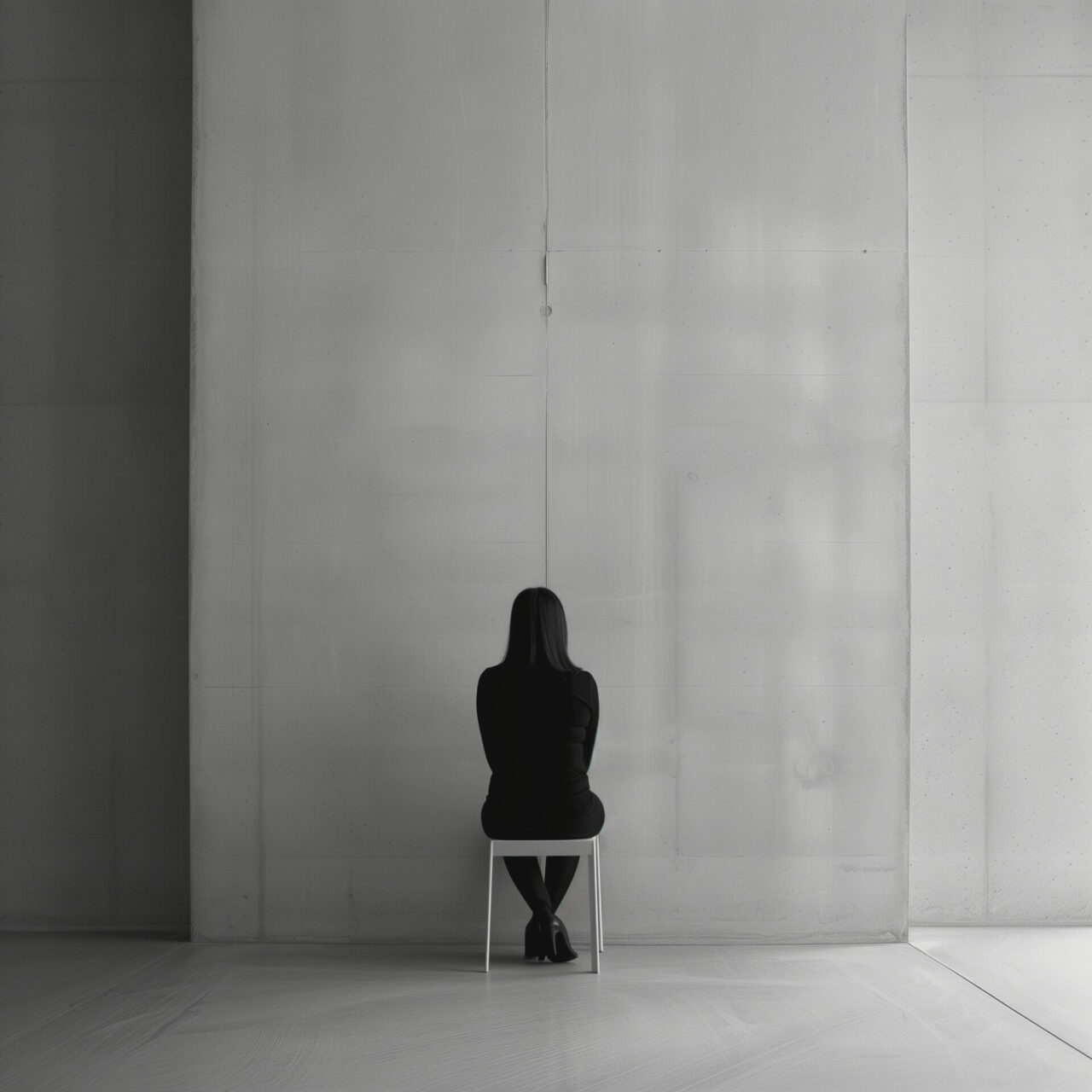
Minimalism
In today’s era of excess, where consumerism and abundance often characterise the social landscape, minimalism is emerging as a cultural counter-movement that is having a lasting impact not only on design and architecture, but also on lifestyle and consumption. Minimalist design is not only an aesthetic choice, but also a philosophical stance that has a tangible impact on many aspects of modern life.
The essence of minimalism
Minimalism is the art of omission. This design philosophy is based on the principle of “less is more”, which was originally popularised by Ludwig Mies van der Rohe, a pioneer of modern architecture. Minimalism strives to distil form and function into an essence by eliminating everything superfluous in order to achieve clear, pure utilisation and aesthetics.
Living spaces
In architecture and interior design, minimalism has led to living spaces that are characterised by open, light-flooded rooms without superfluous decoration. This design style not only promotes visual clarity, but also mental clarity: an uncluttered space promotes uncluttered thinking. Residential complexes such as those designed by Tadao Ando emphasise bare concrete walls and large glass fronts that enable interaction between space and nature.

Products and technology
In product design, minimalism manifests itself in simplicity and ease of use, as in Apple’s products, which were developed under the aegis of Steve Jobs and designer Jony Ive. Their philosophy that technology should not only be functional but also “intuitive” has radically changed the way we think about product interactions. Products are clean, with little to no visible buttons, and every aspect of the design serves a purpose.
Lifestyle and consumption
Minimalism also has a profound impact on lifestyle and consumption habits. In a world obsessed with the idea of “more is better”, minimalism offers a refreshing contrast. Adherents of minimalism tend to prioritise quality over quantity, owning fewer but better things that last longer and give more pleasure. This attitude can be seen as a response to the throwaway culture of fast fashion and mass-produced cheap goods.
Cultural and social implications
Minimalism is also a critical response to the excessive demands of the modern media landscape and the constant bombardment of advertising. By reducing things to the essentials, people are trying to find a balance in an increasingly confusing world. This need for simplicity is also reflected in the growing popularity of apps and technologies that do away with clutter and distraction.
Minimalism, far from being a mere aesthetic choice, is a broad philosophy of life that challenges us to rethink the way we live, own and consume. In a world characterised by excess, minimalism offers a respite, a quiet sanctuary and a chance to re-evaluate and appreciate the truly important things in life. Ironically, minimalism’s greatest strength may be its subtle ability to show us that there is often an unexpected richness in limitation.


